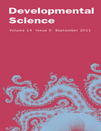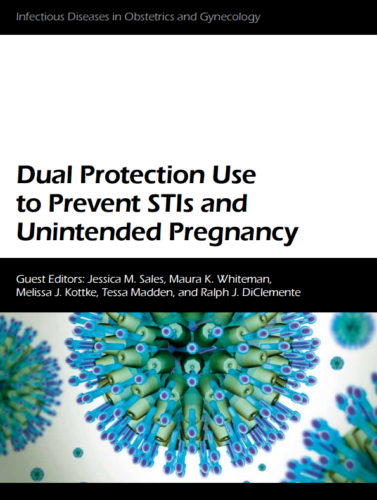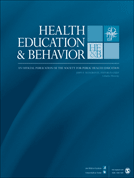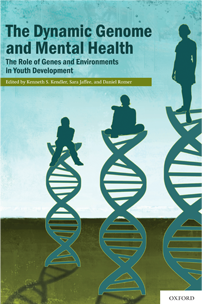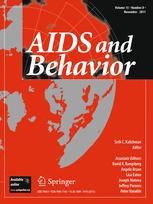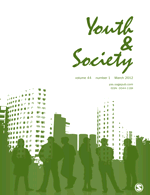Results released today from the National Annenberg Survey of Youth (NASY) indicate that although concerns about excessive Internet use may be justified, heavy use of television may be an even larger concern. In one of the most extensive national surveys of media habits over a two-year period, six different types of media use were identified
Health and Risk Communication
APPC Health Communication Scholars Published in The Journal of Sex Research
Amy Bleakley, Ph.D., research analysis manager at the Annenberg Public Policy Center, was lead author of a paper, “A Model of Adolescents’ Seeking of Sexual Content in Their Media Choices,” published in The Journal of Sex Research (Volume 48, Issue 4). Dr. Bleakley’s co-authors were APPC scholars Michael Hennessy, Ph.D., and Martin Fishbein, Ph.D. Article abstract: This article reports on
The Unrecognized Risks of Gambling for Male High School Athletes: Male Athletes Drove Recent Poker Craze and Are at Higher Risk of Gambling Problems
Although athletics is a healthy and popular extracurricular activity in American high schools, it also has its risks. The recent poker craze among adolescents in the U.S. was driven largely by interest in poker play among high school male athletes, a just-released analysis of adolescent gambling in the National Annenberg Surveys of Youth (NASY) indicates.
New book summarizes latest thinking about how genes influence healthy youth development
The new volume, The Dynamic Genome and Mental Health: The Role of Genes and Environments in Youth Development, presents the results of a conference sponsored by the Annenberg Public Policy Center of the University of Pennsylvania and Oxford University Press on the interrelations between genetic and environmental influences on youth mental health and development. The book
